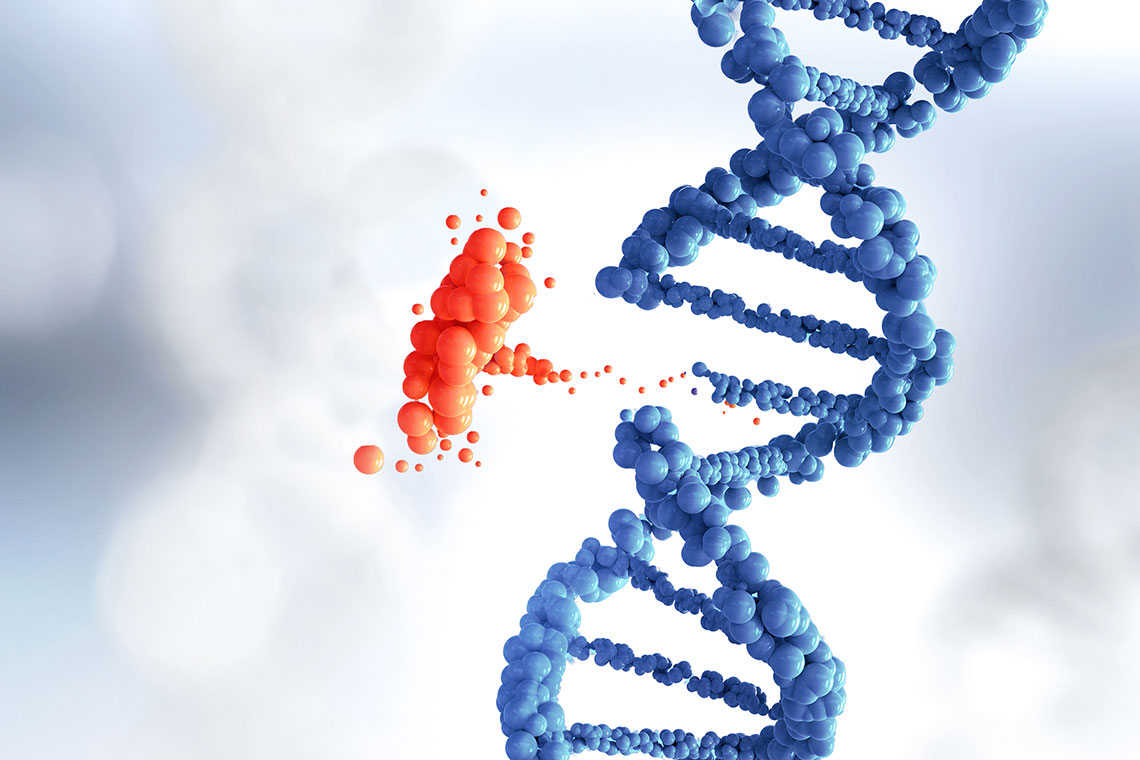What are the symptoms of a rhabdoid tumor?
Rhabdoid tumors are rare and aggressive tumors that can occur in various parts of the body, including the brain (cerebellum), kidneys, and soft tissues. Symptoms can vary based on the tumor’s location but generally include:
- Brain (Cerebellar) Rhabdoid Tumors: Symptoms may include headaches, vomiting, balance problems, coordination difficulties, and developmental delays in children. Seizures or changes in behavior and personality may also be observed.
- Renal (Kidney) Rhabdoid Tumors: Symptoms often include abdominal pain or swelling, a noticeable mass or lump in the abdomen, blood in the urine (hematuria), and changes in urinary habits. Some children may experience fever or weight loss.
- Extrarenal Rhabdoid Tumors: When these tumors occur in soft tissues or other locations, symptoms depend on the tumor’s size and location. Symptoms may include swelling, pain, or a noticeable lump in the affected area.
In general, rhabdoid tumors tend to cause systemic symptoms like fever and weight loss due to their aggressive nature. Early diagnosis and treatment are crucial as these tumors tend to grow rapidly and may spread to other parts of the body.
What are the causes of a rhabdoid tumor?
Rhabdoid tumors are primarily caused by genetic mutations, though their exact origin is not fully understood. The key causes and contributing factors include:
- Genetic Mutations: Rhabdoid tumors are often associated with mutations in specific genes. The most common genetic abnormality is a mutation in the SMARCB1 (also known as INI1) gene, which is a tumor suppressor gene. Mutations or deletions in this gene impair its function and lead to the development of rhabdoid tumors.
- Hereditary Conditions: In some cases, rhabdoid tumors are linked to genetic syndromes such as Rhabdoid Tumor Predisposition Syndrome, which is inherited in an autosomal dominant pattern. Children with this syndrome have an increased risk of developing rhabdoid tumors and may also be at risk for other cancers.
- De Novo Mutations: Many rhabdoid tumors arise from new, spontaneous mutations in the SMARCB1 gene, not inherited from parents but occurring during the individual’s development.
- Environmental Factors: While genetic factors are the primary contributors to rhabdoid tumors, some researchers investigate whether environmental exposures or other external factors might contribute, though these factors are less well-defined compared to genetic causes.
In summary, rhabdoid tumors are mainly driven by genetic mutations affecting tumor suppressor genes, with hereditary genetic syndromes and de novo mutations playing significant roles.
What is the treatment for a rhabdoid tumor?
Treatment for rhabdoid tumors typically involves a combination of therapies tailored to the individual’s specific case, including:
- Surgery: The primary treatment for rhabdoid tumors is surgical removal. The goal is to remove as much of the tumor as possible. In cases where the tumor is localized and operable, surgery may be curative.
- Chemotherapy: Post-surgery, or when surgery is not feasible, chemotherapy is used to target and destroy any remaining cancer cells. Various chemotherapy regimens are employed, and the choice of drugs depends on the tumor’s location and response to initial treatments.
- Radiation Therapy: For tumors that are not completely resectable or for tumors that have spread, radiation therapy may be used to target and kill cancer cells. This is often combined with chemotherapy to enhance effectiveness.
- Targeted Therapy: In some cases, targeted therapies may be considered, especially if specific genetic mutations are identified that can be targeted with newer drugs.
- Supportive Care: Managing symptoms and side effects from treatments is crucial. Supportive care includes pain management, nutritional support, and addressing any complications from the tumor or its treatment.
Treatment plans are highly individualized and based on factors such as the tumor’s location, stage, and the patient’s overall health. Due to the aggressive nature of rhabdoid tumors, treatment often requires a multidisciplinary approach involving oncologists, surgeons, radiologists, and supportive care teams.

Leave a Reply
You must be logged in to post a comment.